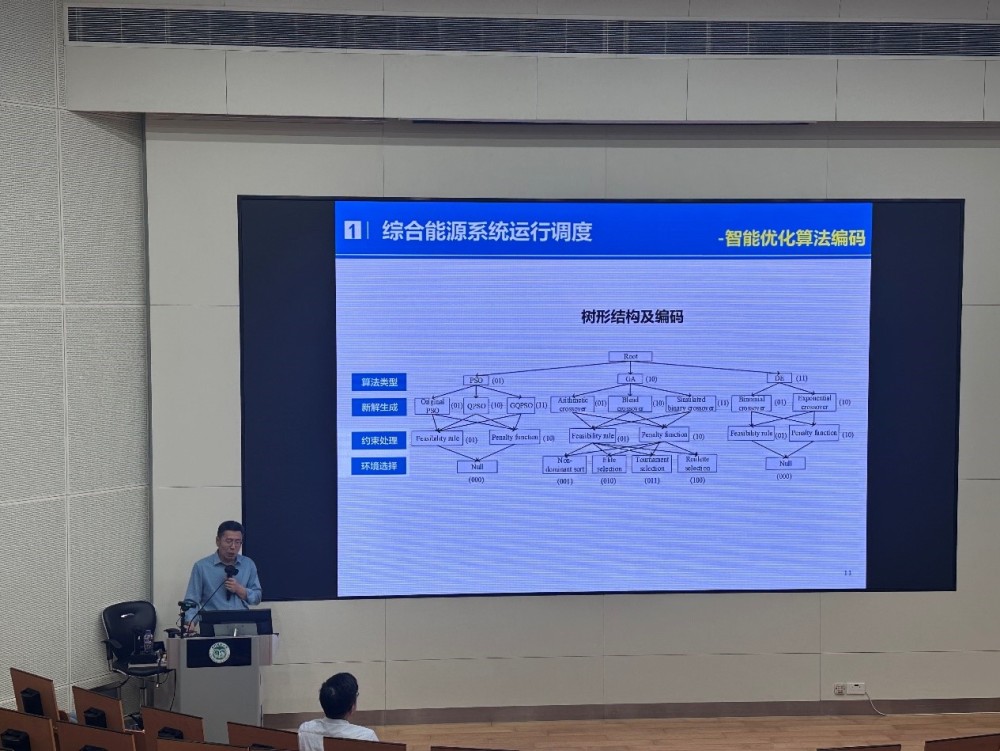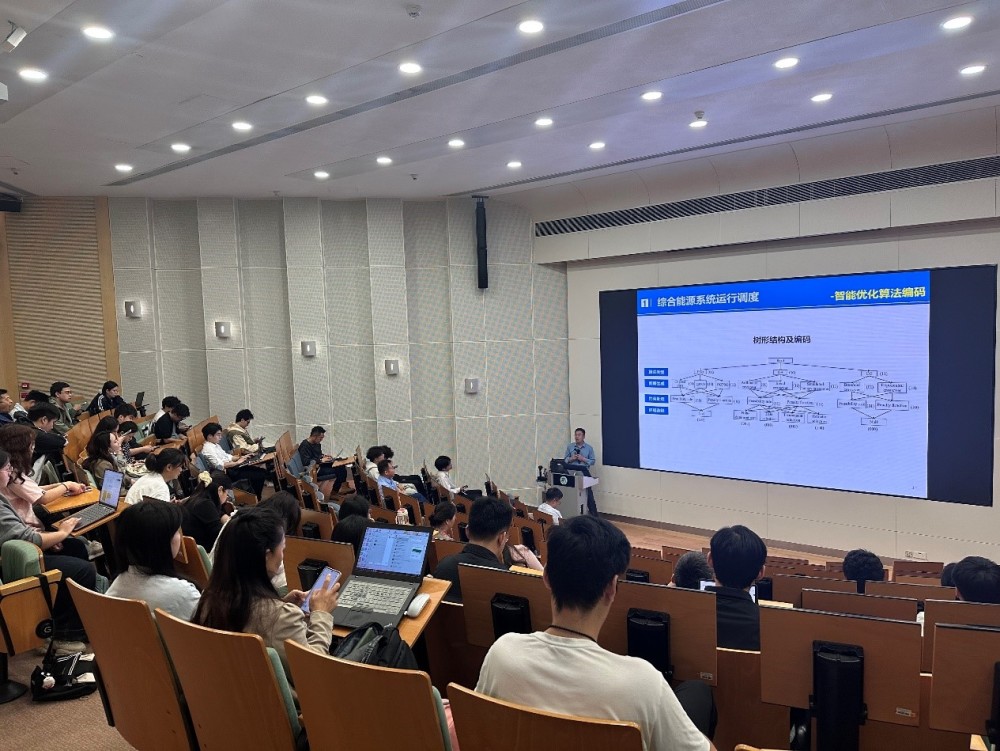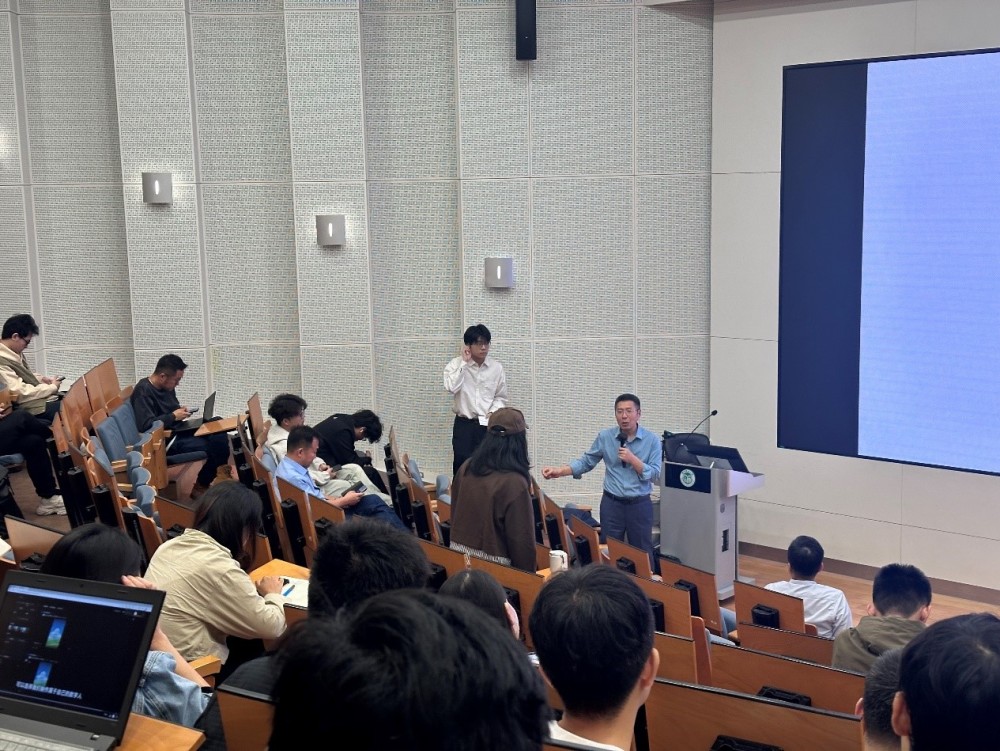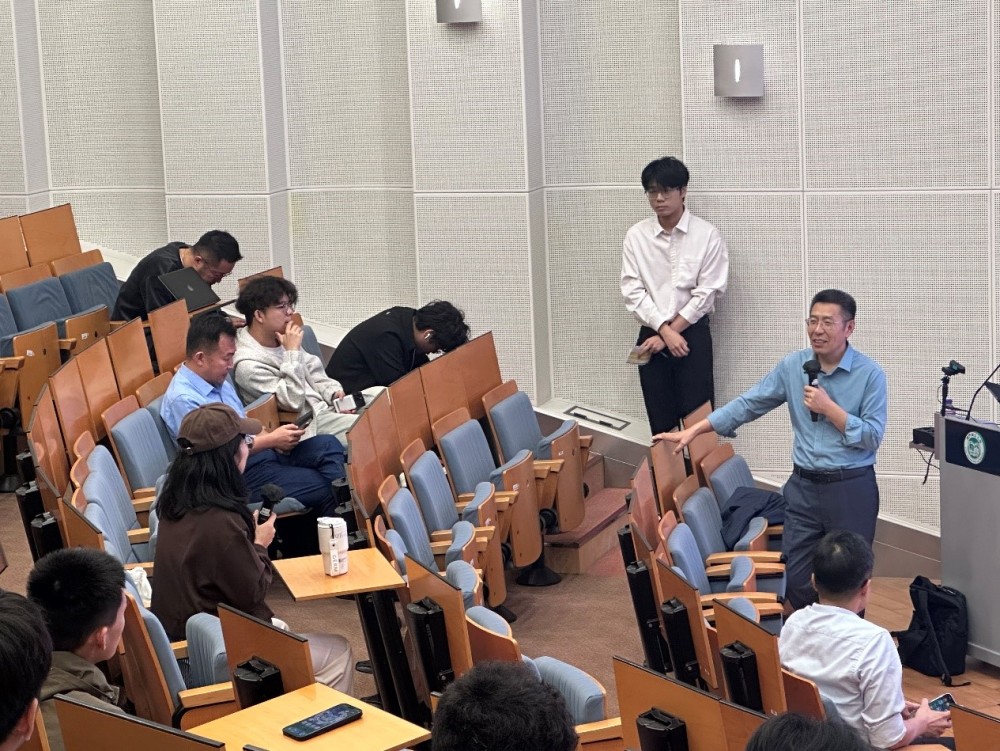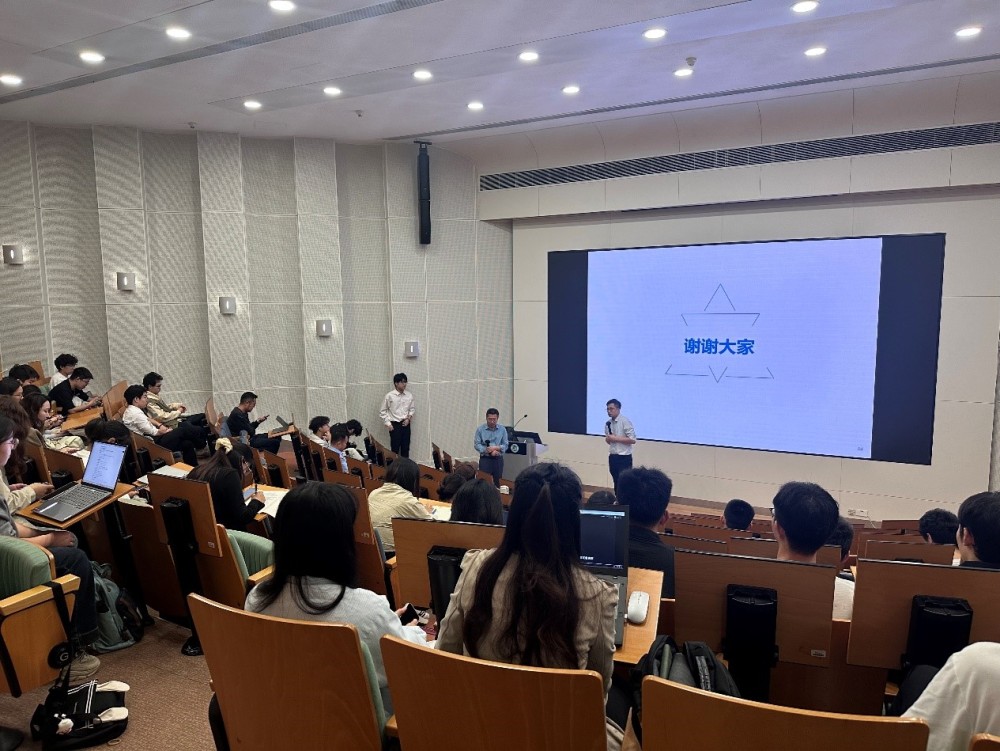At 10:00 a.m. on November 5, 2025 (Wednesday), the Faculty of Data Science at the City University of Macau hosted an academic seminar titled “Intelligent Optimization and Learning in Industry: What Have We Done?” at Ho Yin Convention Centre, Room HG02. The event drew active participation from faculty and students, who engaged in in-depth discussions on the latest advances and practical applications of intelligent optimization and learning. Professor Gong Dunwei from Qingdao University of Science and Technology was invited as the keynote speaker to share his recent research on optimization theory and its applications in industrial settings.
Professor Gong is a Distinguished Professor and doctoral supervisor at Qingdao University of Science and Technology, academic lead in Control Science and Engineering, Taishan Scholar Distinguished Expert, and Dean of the School of Microelectronics. He is also a Clarivate Highly Cited Researcher and listed among the lifetime global top 2% scientists. His research focuses on intelligent optimization theory and methods, with applications across integrated energy systems, integrated circuit design, and industrial production lines. He has led one National Key R&D Program project, seven National Natural Science Foundation of China projects (including one key project), and one Major Basic Research project of the Shandong Provincial Natural Science Foundation. As the first contributor, he has received five major awards, including the Outstanding Achievements in Scientific Research Award (Natural Science) for Higher Education, the Jiangsu Science and Technology Award, the Shandong Science and Technology Award (Natural Science), and the Natural Science Award of the Chinese Association of Automation.
In his talk, Professor Gong drew on multiple national and provincial research projects to present real-world applications of intelligent optimization and learning in representative industrial scenarios, including operational scheduling of integrated energy systems, device parameter optimization for integrated circuits, and embodied intelligence for palletizing in packaging production lines. He also outlined his forthcoming research agenda. He emphasized that, despite substantial progress in intelligent optimization and learning in recent years, there remains vast potential for industrial deployment. Greater integration between theoretical advances and industry needs will be crucial going forward.
The seminar featured lively interactions. Participants raised insightful questions about technical challenges, application bottlenecks, and future trends in industrial intelligent optimization, to which Professor Gong provided detailed responses. Attendees remarked that the lecture offered a clearer, more concrete understanding of intelligent optimization in industrial contexts and inspired further exploration in related fields.

